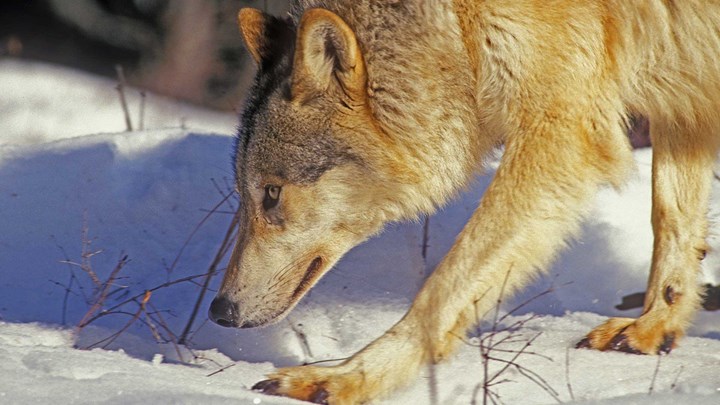
by Cody McLaughlin - Thursday, September 5, 2024

Mere months after releasing the first wolves in Colorado in December following a controversial wolf reintroduction program mandated by the passage of a 2020 state ballot initiative, Colorado officials are now setting up traps to capture and relocate the animals—and the three new pups they now have to feed—due to rampant livestock predation. The move to relocate the wolves, known as the Copper Creek pack, is raising eyebrows among conservationists, livestock groups and state wildlife biologists who advised against reintroduction in the first place.
To be clear, while the state’s policy change to relocate the wolves may be stunning (not to mention embarrassing), the consequences of releasing apex predators that don’t belong there into Colorado’s rural areas should surprise precisely nobody. And speaking of the policy change from reintroduction to relocation, according to online reports, a wildlife biologist in Montana had some harsh words over Colorado’s wolf reintroduction after two decades of managing the fallout there.
In fact, according to a 2005 study of relocation tactics in Montana, the U.S. Fish and Wildlife Service (USFWS) concluded that not much changed when wolves were relocated—meaning wolves still killed livestock in their new location and that wolves had a high mortality rate (65.9%). Pups were abandoned to starve to death, a fact that has sent animal rights extremist groups howling over the plan to trap and relocate the Colorado wolves and their new pups.
The Colorado plan calls for using non-lethal approaches to wolf management, though state officials have not yet said where the Copper Creek pack will be relocated. In the meantime, it says that relocation will be conducted with assistance from federal officials under USFWS rules and that details will be shared once relocation is completed.
Dubbed the “Colorado Predator Wars” as shared by this NRA website, the ongoing controversies in Colorado over predator management (and well-funded, well-organized pushes for a lack thereof by animal rights extremists) should serve as a reminder that wildlife decisions are best left to wildlife biologists—not the whims of voters led astray by flashy ads and deep-pocketed dark-money groups that have poured advertising dollars into cities that are never going to have to bear the consequences of these wolves that rural areas now face.
To make matters worse, in step with its voter-approved wolf management plan, which only passed largely due to urban support, Colorado Parks and Wildlife is planning to release 15 more wolves into Colorado’s Western Slope by March 2025.
About the Author
Cody McLaughlin is an outdoor writer, conservationist and hunting advocate based in Alaska. He recently launched Trout Stream Studios where he serves as an executive producer for podcasts and livestreams in the hunting and veterans’ affairs spaces. McLaughlin serves on the board of the Alaska Outdoor Council, the Last Frontier’s State NRA affiliate, and is a former board member and lead spokesman of the New Jersey Outdoor Alliance.
E-mail your comments/questions about this site to:
[email protected]
Proudly supported by The NRA Foundation and Friends of NRA fundraising.
